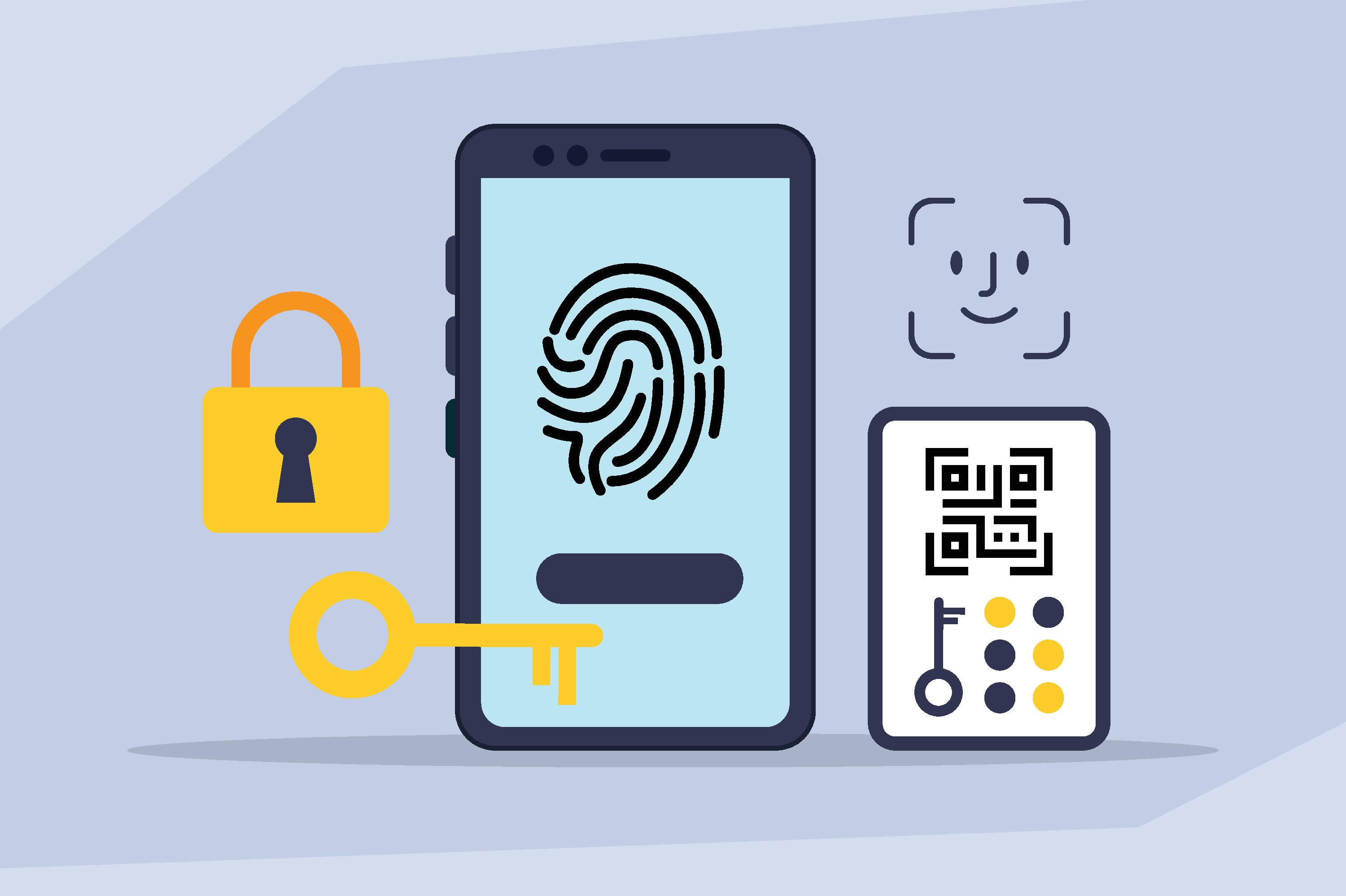Time Is Money: Phone-Centric Identity™ Accelerates Sports Betting Onboarding and Boosts Revenue


While the internet has disrupted everything from purchasing a car to buying health insurance, antiquated laws have largely shielded the $44 billion US-based gambling industry from the digital revolution. Although the United Kingdom has safely regulated digital sports betting and iGaming (industry speak for online gambling) for years, raising billions of pounds in tax revenue in the process, American gambling has largely been limited to brick-and-mortar casinos, poker rooms, and race tracks.
Fortunately, that’s beginning to change. Today, the gaming industry is undergoing a period of rapid growth as state lawmakers across the country are swiftly legalizing digital sports betting in response to both public demand and budget shortfalls. On October 19, Connecticut became the sixteenth state in the country to legalize digital sports betting. By 2024, many more states are expected to follow suit. As entire markets with millions of potential customers open up overnight, competition between sports betting companies is fierce. While free drinks, subsidized hotel rooms, live music, and all-you-can-eat buffets have drawn customers into brick-and-mortar casinos for decades, digital sports betting companies will have to rely solely on providing an exceptionally fun, safe, and intuitive digital experience to attract customers. Here are three strategies to help companies going all-in on digital sports betting win big:
- Accelerate onboarding: Industry insiders estimate that 85% of all pre-game bets are made only two hours before the game. This means that digital sports betting companies need a consumer acquisition flow that can process massive spikes in customers in the hours before major sports games. Even in the more mature markets in Europe, however, more than half of all potential customers abandon iGaming and sports betting onboarding processes before completing them. To avoid replicating this problem, American digital sports betting companies should avoid consumer acquisition flows that rely on costly and cumbersome step-up features like ID scans will drive away would-be customers eager to place their bets before it is too late.
- Speed up logins: Today, roughly 50% of all sports bets are “live” or “in-play” betting, which means they occur during the sports game. If you’ve ever gambled on who would make the next home run or touch down, you’ve placed an in-play bet. Because the odds are updated moment-to-moment, some in-play bets are available for only a few seconds. In order to allow fans to place multiple live bets during a game or a match, digital sports betting apps will need to supercharge their digital verification process. Digital sports betting companies should avoid forcing customers to type in lengthy passwords over and over again and instead invest in frictionless passive authentication solutions like Prove’s GaitAuth™. With GaitAuth, mobile sports betting apps can harness the power of biometric sensors embedded in today’s smartphones and authenticate users with their consent simply by analyzing the unique way they walk.
- Get to know your customer: In order to avoid stiff fines, mobile sports betting apps need to capture a customer’s first and last name, social security number, home address, date of birth, and email address. Enabling auto-fill on forms is one of the most powerful ways to make the input process as painless as possible for customers while still getting all the necessary information.
Already popular in the banking industry, Prove Pre-Fill™ transforms the digital onboarding process by turning it on its head. In a typical onboarding flow, the consumer fills out forms, and then the onboarding system verifies the information using an authoritative source. Prove Pre-Fill harnesses the power of phone-centric technology to auto-fill forms using an authoritative source and then asks the consumer to simply confirm the answers. A customer signing up for a mobile sports betting service, for example, could simply enter the last four digits of their social security number, and the rest of the form would be auto-filled. Now all the customer has to do is simply confirm the data. In one use case, Prove Pre-Fill decreased the number of keystrokes necessary for a customer to onboard by 80%. This new and improved flow is perfect for the digital sports betting industry because it makes onboarding a breeze, boosting revenue in the process.
To learn more about Prove’s identity solutions and how to accelerate revenue while mitigating fraud, schedule a demo today.

Keep reading
 Read the article: Beyond the OTP: Why SMS-Based 2FA Is Failing and What Comes Next
Read the article: Beyond the OTP: Why SMS-Based 2FA Is Failing and What Comes NextExplore the classic conflict between security measures and user friction.
 Read the article: Anatomy of an Account Takeover Attack: Analysis and Response Plan
Read the article: Anatomy of an Account Takeover Attack: Analysis and Response PlanLearn practical strategies for handling identity verification API errors or no-match responses. Explore fallback methods and clear communication tactics to ensure a smooth, user-friendly experience.
 Read the article: Prove Global Fraud Policy℠: A New, Adaptive Standard for Digital Identity
Read the article: Prove Global Fraud Policy℠: A New, Adaptive Standard for Digital IdentityIntroducing the Global Fraud Policy (GFP), Prove’s new unified, adaptive fraud-defense engine that replaces fragmented, custom rules with a single, comprehensive policy that automatically updates as new threats emerge. This forward-looking framework helps businesses anticipate and respond to evolving threats like GenAI deepfakes, synthetic identities, and eSIM bots, protecting customers at scale.












